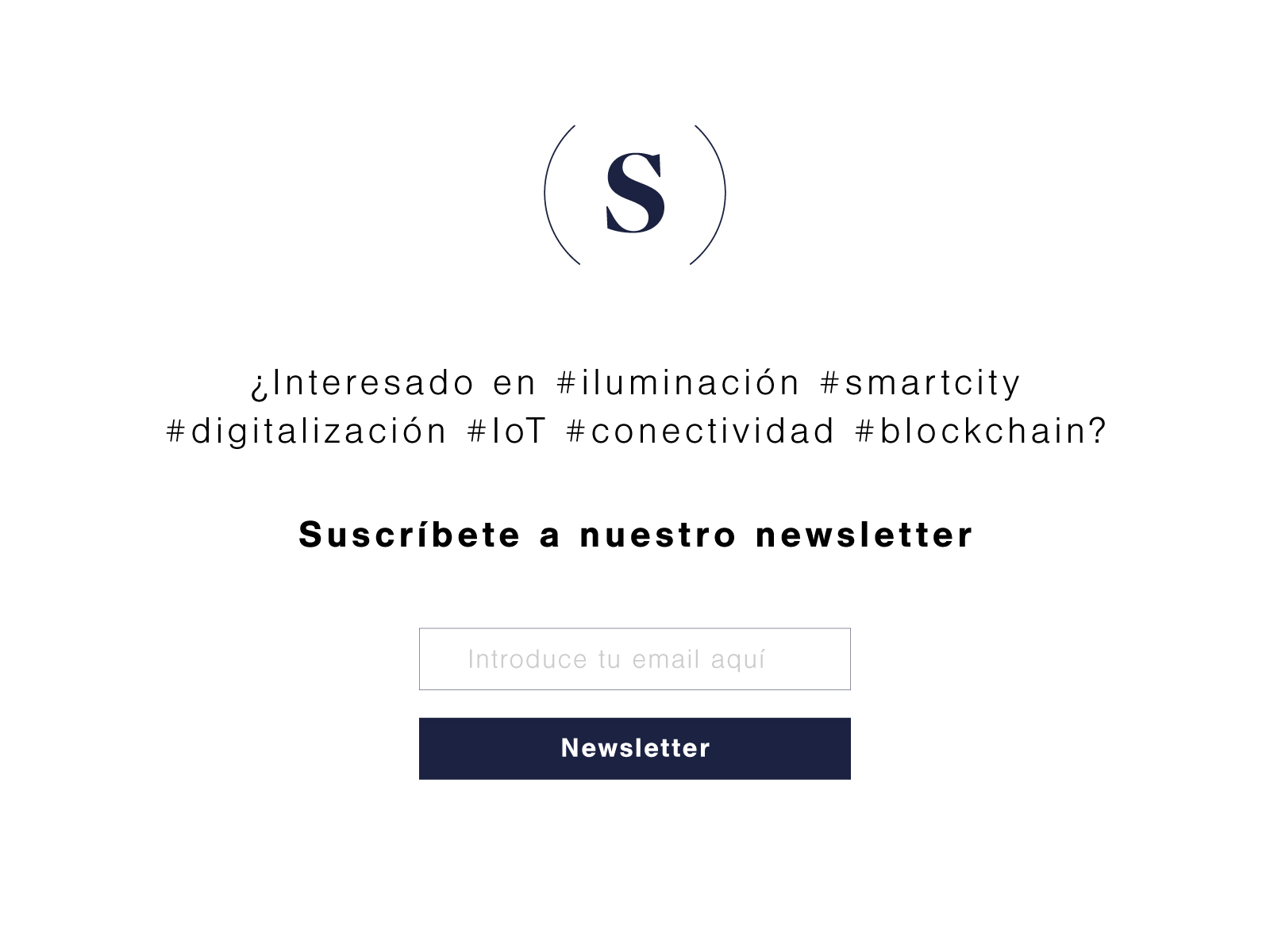The Climate Group launched the 2017 edition of the Global LED Consultation update today to assist key stakeholders in assessing the significant energy saving potential of light emitting diode (LED) public lighting systems.
The new update builds on over six years of work by The Climate Group in highlighting the benefits of LEDs and connected public lighting, and provides updates on a range of topics raised during the consultations with stakeholders around the globe.
The level of demonstrated savings of up to 50-70% from LEDs (and up to 80% with smart controls) are unprecedented from a direct replacement technology, and are difficult to ignore. However, the new Consultation update highlights that cities want LEDs, and that with aligned policy and financing the roll-out of LED lighting in cities can be significantly accelerated.
LED technologies in cities provide a tried and tested solution to reduce carbon emissions and modernize critical aging infrastructure. They can also play a key facilitating role in trialing evolving smart city concepts, and boosting new Internet of Things (IoT) initiatives and data services.
To help drive awareness and commitments to LED scale-up, The Climate Group has called for every city and utility in the world to switch to LED street lighting (or as energy efficient) by 2025 – and for policymakers to define clear long-term strategies that will encourage adoption of this and other energy efficient technologies. The Climate Group’s ongoing consultations continue to facilitate dialogue between policymakers, city managers, businesses, financiers and lighting solution providers to help accelerate the much-needed roll-out of LED lighting.
Dr. Peter Curley, LED Program Manager, The Climate Group, said: ‘“Over the last 2-3 years we have been holding consulting events with cities, regional agencies, policy makers and financiers with the core aim of helping to accelerate global scale up of LEDs. The early findings were outlined in our Big Switch summary, and we use our updated consultation handouts to raise and discuss common topics and to help guide cities as they assess and plan LED adoption. This latest handout includes very recent examples and themes that we hope public lighting stakeholders will find useful as they explore LED options.”
In many regions, there are still localized adoption challenges and through 2017/18 these and other requested themes will be central to The Climate Group’s continuing consultation workshops.


